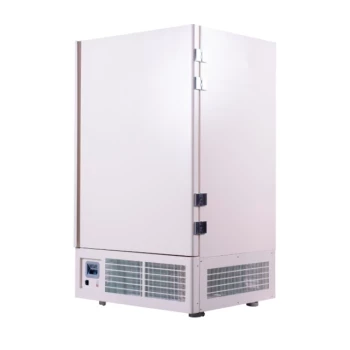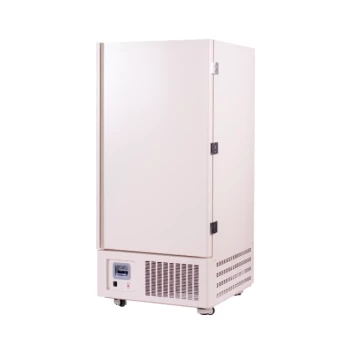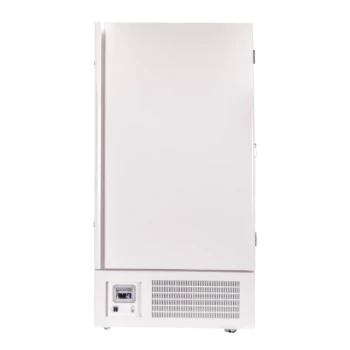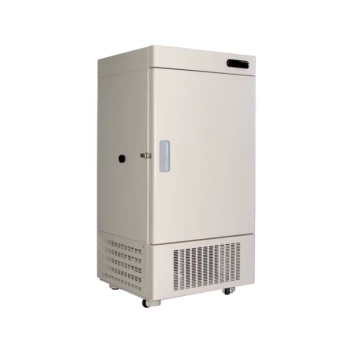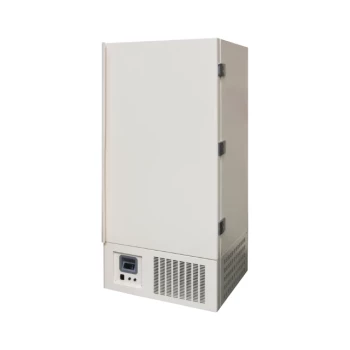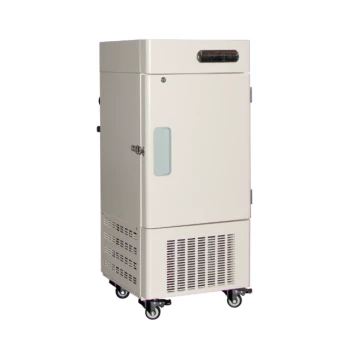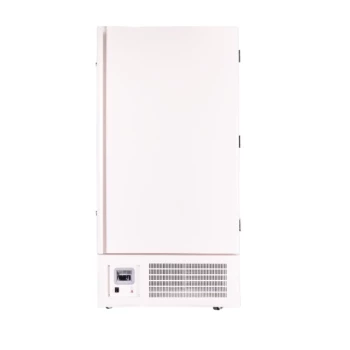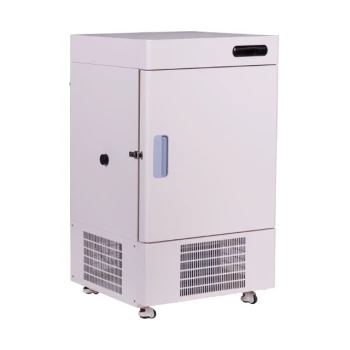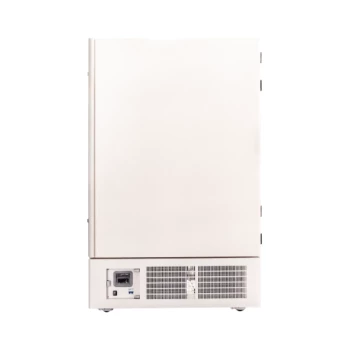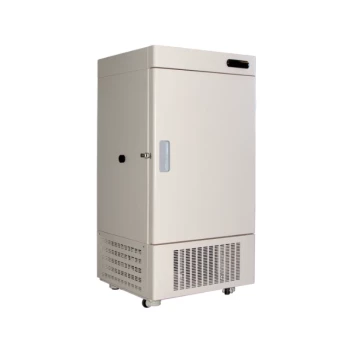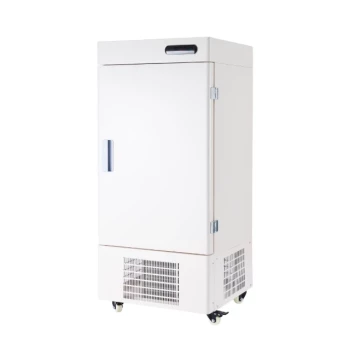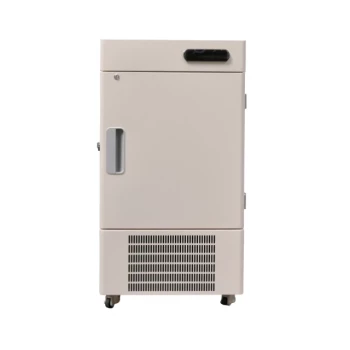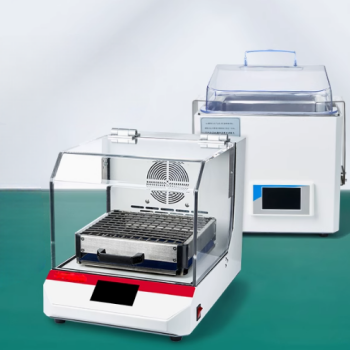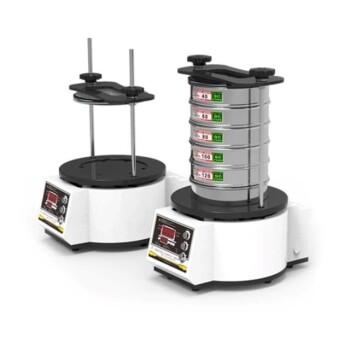At their core, ultra-low temperature (ULT) freezers are specialized instruments designed for one primary purpose: the long-term preservation of sensitive biological materials. Their most common applications are in biomedical research, clinical medicine, and pharmaceuticals, where they are used to store invaluable samples such as DNA, RNA, vaccines, tissues, and blood components by halting virtually all biological activity.
The fundamental challenge is that biological samples are in a constant state of decay. ULT freezers solve this by creating an environment of extreme cold (typically below -40°C) that effectively pauses time at a molecular level, preserving sample integrity for years or even decades.
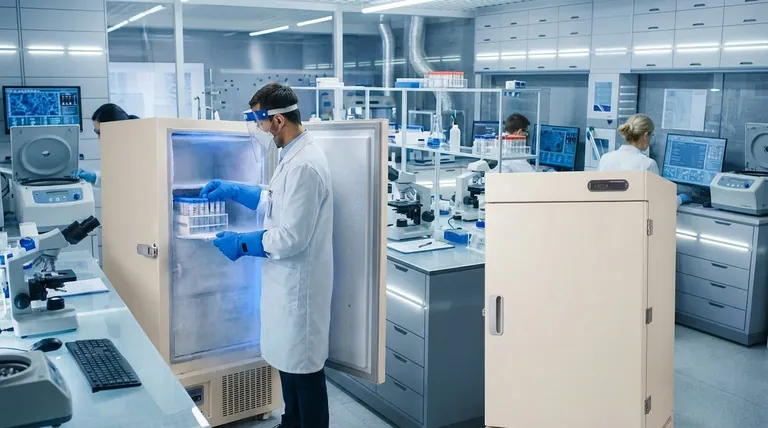
Core Application: Preserving Biological Integrity
The vast majority of ULT freezer applications revolve around stopping the natural degradation of biological and chemical materials. This is critical in fields where the long-term viability of samples is paramount.
Biomedical and Pharmaceutical Research
ULT freezers are indispensable in research institutes and biotechnology companies. They are the backbone of modern biological science.
Key stored materials include DNA, RNA, proteins, and enzymes. At ultra-low temperatures, the enzymatic and molecular activities that would otherwise degrade these samples are stopped, ensuring they remain viable for future experiments and analysis.
They are also used for storing cell cultures, tissues, and bacterial strains, preserving them for ongoing studies in genetics, molecular biology, and drug discovery.
Clinical and Medical Environments
Hospitals, blood banks, and epidemic prevention centers rely on ULT freezers for patient care and public health.
The most prominent use is in blood banks for storing plasma and other blood components that require extreme cold.
They are also essential for storing sensitive vaccines and antibiotics, as famously demonstrated by the storage requirements for certain COVID-19 vaccines. Additionally, they preserve human tissues for biopsies and transplant purposes.
Forensic and Diagnostic Laboratories
In forensics, maintaining the integrity of evidence over long periods is a legal and scientific necessity.
ULT freezers are used for the long-term storage of autopsy materials and other biological evidence, ensuring that samples are perfectly preserved for future DNA testing or re-examination.
Beyond Biology: Industrial and Niche Uses
While less common, the extreme cold of ULT freezers serves valuable functions in industrial and specialized fields.
Product Reliability and Performance Testing
Engineers use ULT freezers to test the durability of materials and electronic components intended for use in extreme environments.
This process simulates conditions found in the Arctic or high-altitude applications, allowing manufacturers to assess product reliability before deployment.
Specialized Material Preservation
Niche applications include the preservation of unique materials where arresting decay is critical.
Examples include the long-term storage of rare plant samples or insect artifacts for agricultural and environmental research, as well as the preservation of delicate historical textiles.
Understanding the Key Considerations
Choosing and using a ULT freezer involves understanding critical trade-offs that impact both sample integrity and lab operations.
Upright vs. Chest Freezers
The physical design of the freezer has significant implications. Upright freezers offer easier, more organized access to samples, making them ideal for labs where materials are retrieved frequently.
Chest freezers, on the other hand, are better for long-term, undisturbed storage. Because cold air is dense and doesn't escape as easily when the lid is opened, they tend to maintain temperature more stably and efficiently.
The Critical Role of Temperature
Standard freezers are insufficient for these applications. Temperatures below -40°C, and often closer to -80°C, are required to completely halt the biological processes that degrade sensitive samples like RNA or proteins.
Making the Right Choice for Your Goal
The ideal application of a ULT freezer depends entirely on the specific mission.
- If your primary focus is active research and diagnostics: You will be accessing samples frequently, making the organizational benefits of an upright ULT freezer the superior choice.
- If your primary focus is long-term archiving: For samples like forensic evidence, seed banks, or backup cell lines, a chest freezer provides better thermal stability and efficiency for undisturbed storage.
- If your primary focus is industrial testing: Your main criteria will be ensuring the freezer's internal dimensions and temperature range can accommodate the specific products you need to stress-test.
Ultimately, a ULT freezer is a critical tool for safeguarding invaluable biological and material assets against the passage of time.
Summary Table:
| Application Area | Key Stored Materials | Primary Benefit |
|---|---|---|
| Biomedical/Pharma Research | DNA, RNA, Proteins, Cell Cultures | Halts degradation for long-term viability |
| Clinical/Medical | Vaccines, Blood Plasma, Tissues | Ensures patient care and public health safety |
| Forensic/Diagnostic Labs | Autopsy Materials, Evidence | Preserves sample integrity for legal & scientific review |
| Industrial Testing | Electronic Components, Materials | Simulates extreme cold environments for reliability |
Safeguard your critical samples with precision. Choosing the right ultra-low temperature freezer is essential for the integrity of your research, clinical, or testing materials. At KINTEK, we specialize in providing reliable lab equipment and consumables tailored to your laboratory's unique needs. Let our experts help you select the ideal ULT freezer solution for superior preservation and efficiency. Contact us today to discuss your requirements!
Visual Guide
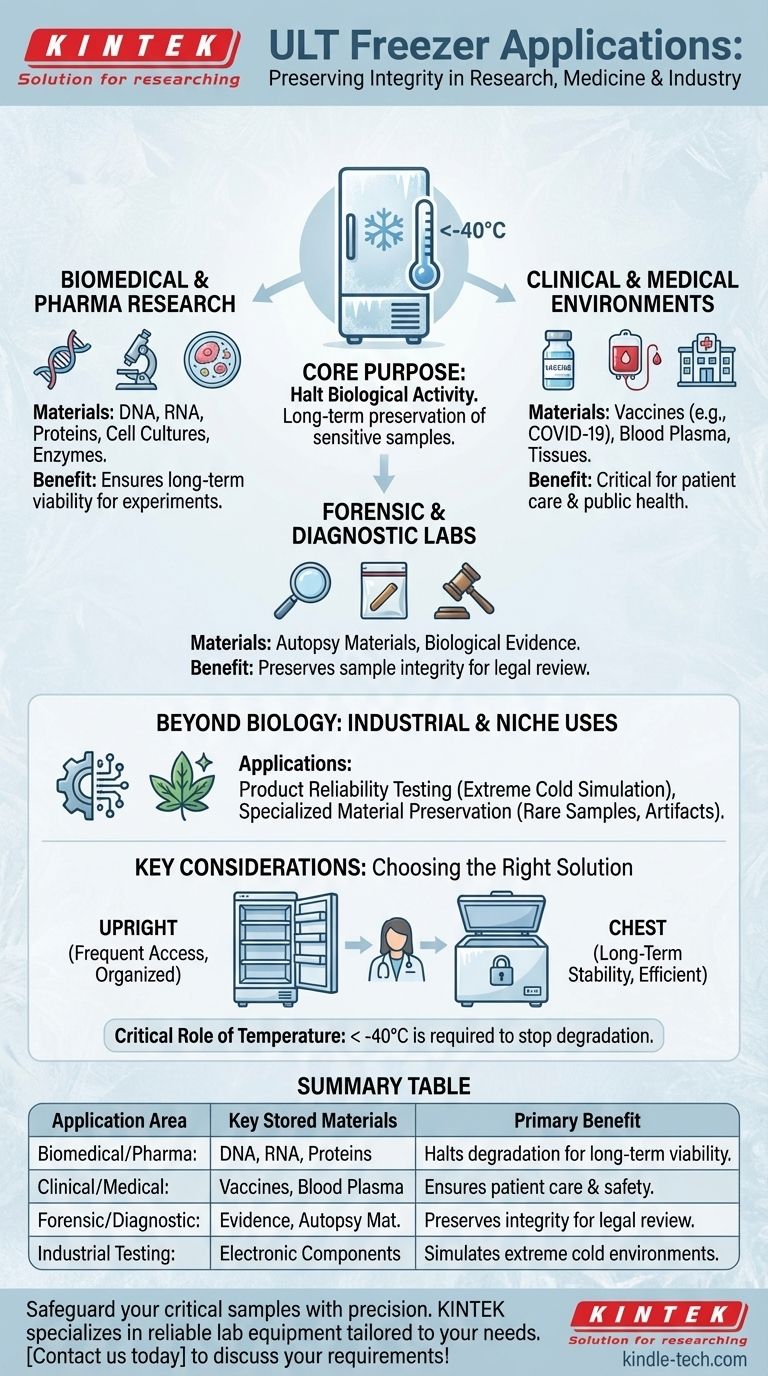
Related Products
- 808L Precision Laboratory Vertical Ultra Low Temperature Freezer
- 408L Advanced Vertical Laboratory Ultra Low Temperature Freezer for Critical Research Material Preservation
- 708L Ultra Low Temperature Freezer High Performance Laboratory Freezer
- 208L Advanced Precision Laboratory Ultra Low Temperature Freezer for Cold Storage
- 608L Essential Laboratory Ultra Low Temperature Freezer For Critical Sample Preservation
People Also Ask
- How do Ultra-Low Temperature freezers ensure the integrity of microbiological samples? Maintain Stability for Critical Research
- Why are ULT freezers considered vital equipment in labs? Ensuring Uncompromised Sample Integrity for Critical Research
- What are the recommendations for storing mRNA vaccines in ultra-low temperature freezers? Ensure Absolute Stability at -80°C
- What temperature ranges are typically associated with ultra-low temperature freezers? Preserve Samples from -40°C to -86°C
- How does fast temperature recovery benefit ultra-low freezers? Protect Sample Integrity and Lab Efficiency
